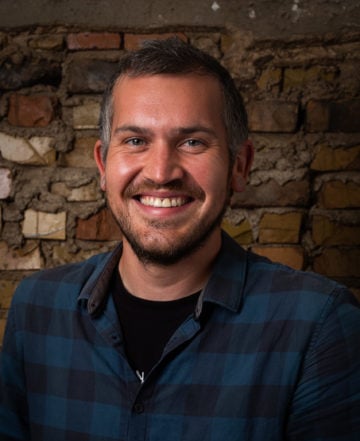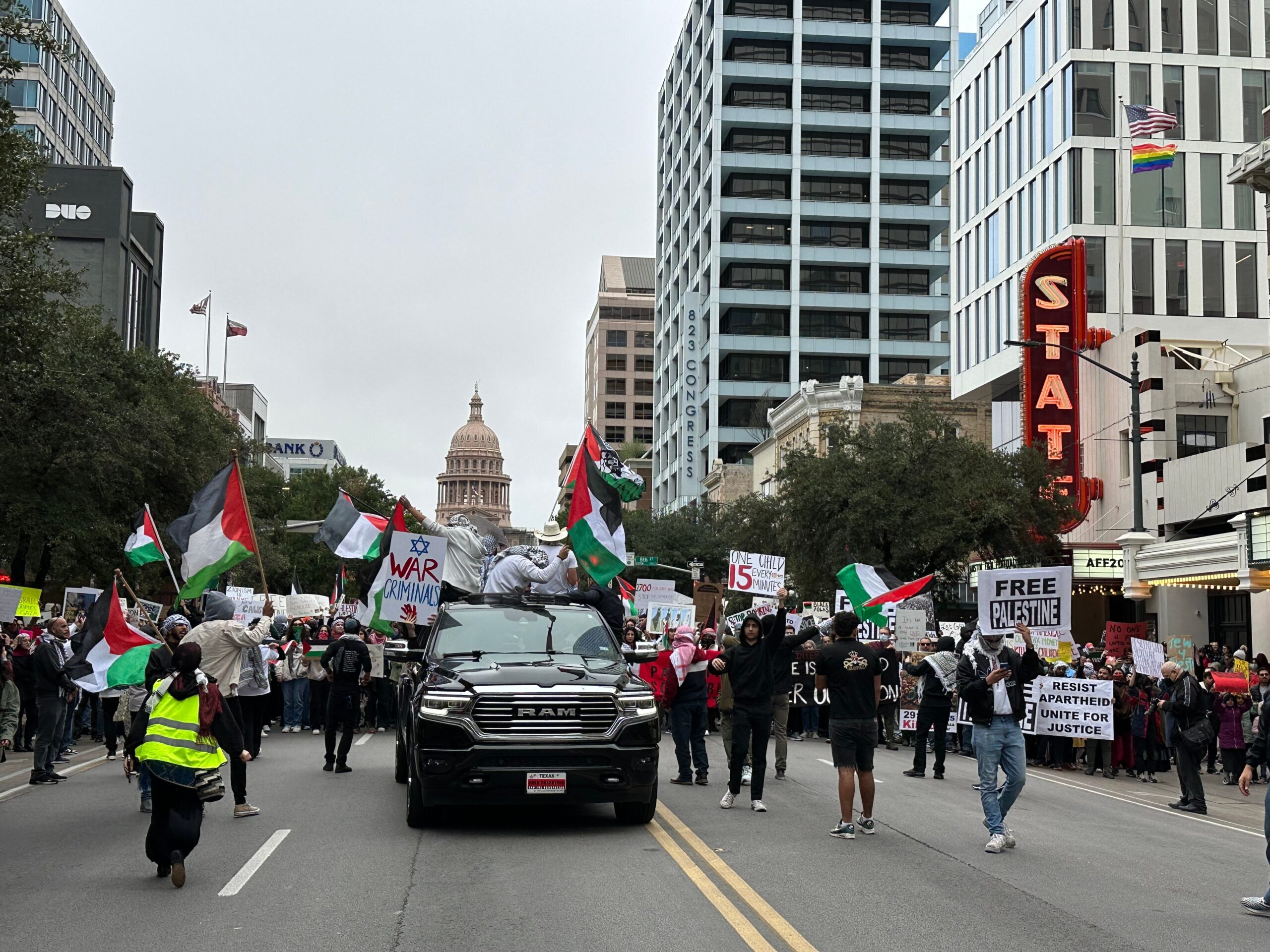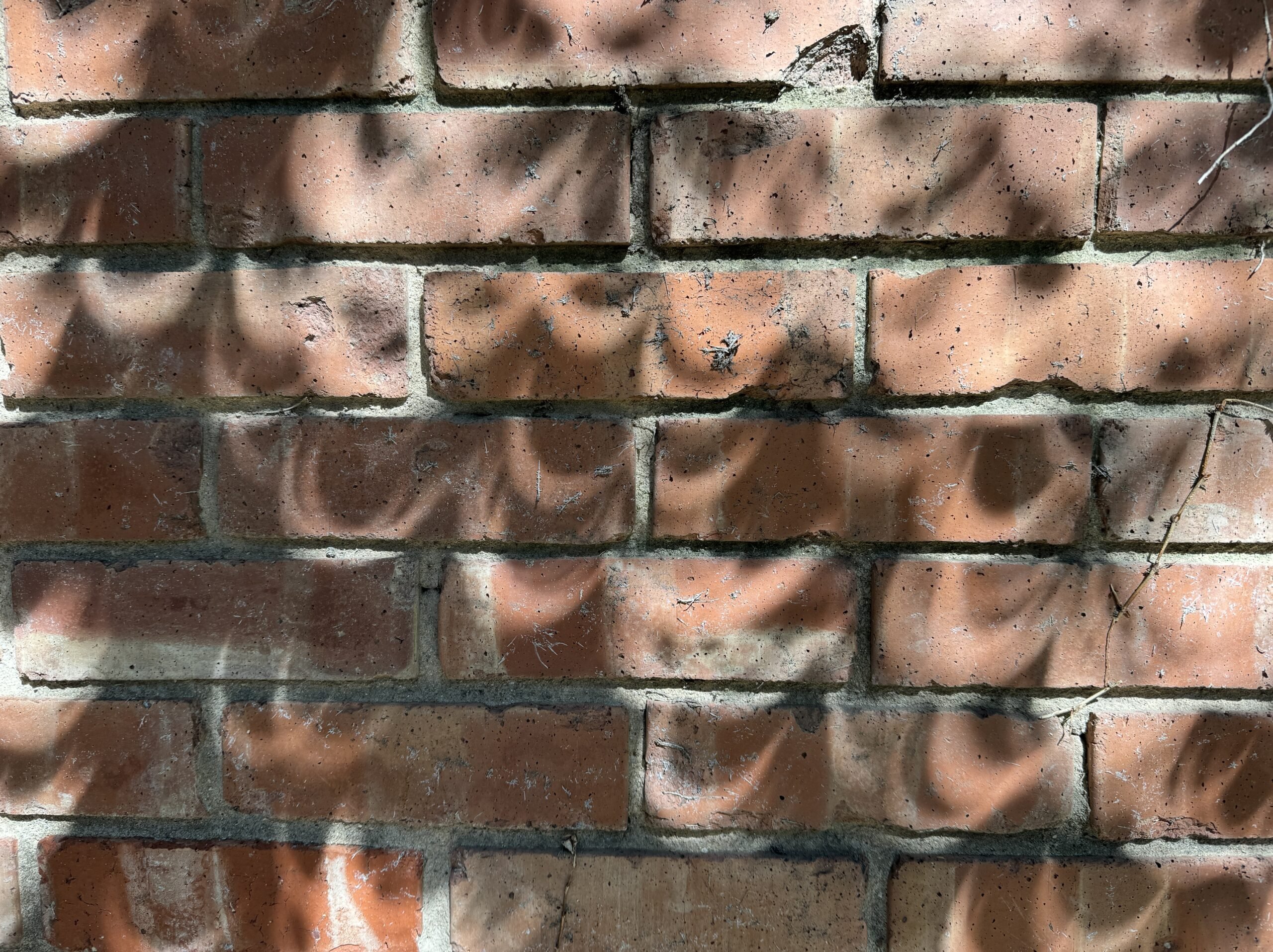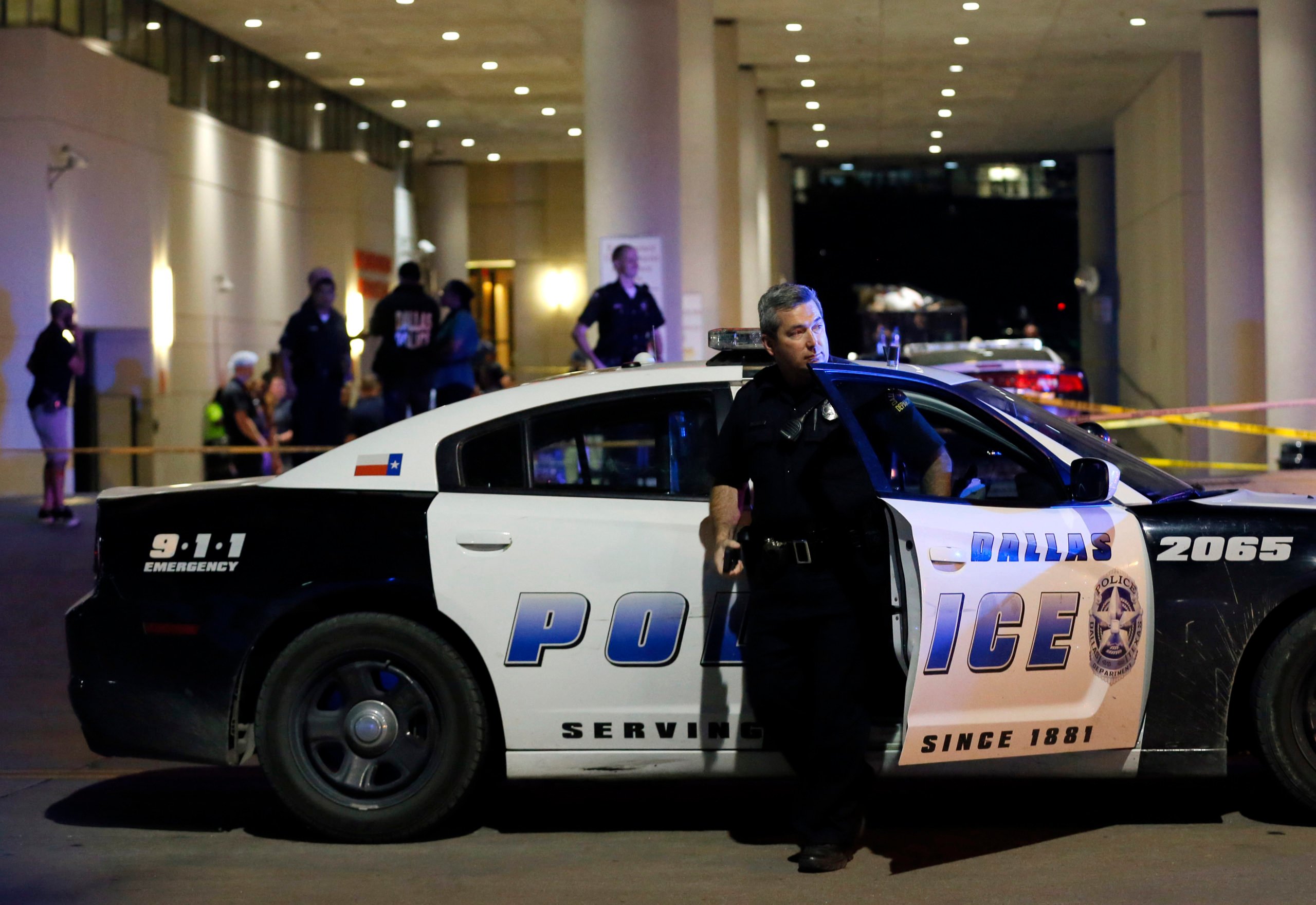
San Antonio, Dallas Primaries Could Usher in Prosecutors Who Promise a More Equal Criminal Justice System
Reformers have targeted Texas primary races where candidates promise bail reform and jail diversion.

South Texas can create a curious kind of conservative-leaning Democrat, but bizarre behavior by Nicholas “Nico” LaHood during his first term as Bexar County District Attorney puts him in a league of his own. LaHood called Islam “horrifically violent” on right-wing talk radio and peddled baseless conspiracy theories about Sharia courts in Texas. He blocked reporters he doesn’t like from attending press conferences and bullied the local newspaper for daring to critically cover his office. He boldly (and wrongly) declared that vaccines cause autism.
Amid claims that LaHood’s office withheld evidence in a murder case, he also reportedly threatened to destroy the career of a defense attorney — in front of a judge, no less, who later testified that she thought LaHood’s behavior amounted to official oppression, a Class A misdemeanor. Naturally, the animus has been palpable ever since Joe Gonzales, the attorney whom LaHood allegedly threatened, announced he’d challenge him in this year’s Democratic primary.
Beyond the drama, however, reformers see the race as one of a handful of opportunities to build a more equal criminal justice system in Texas this election. The Texas Organizing Project (TOP), a group dedicated to ending mass incarceration in the state, supports Gonzales because he’s made expanding jail diversion programs and championing bail reform key campaign planks. Campaign finance reports filed this week also show that a George Soros-backed political action committee aimed at putting progressive prosecutors in office has backed Gonzales’ run to the tune of nearly $1 million.
TOP is also backing Elizabeth Frizell, a former judge running in the Democratic primary for a chance to unseat Dallas County’s current governor-appointed Republican DA. While the primary pits her against a fellow ex-judge, John Creuzot, who is himself seen as a reformer, Frizell has gained the full-throated support of civil rights activists like Shaun King for her embrace of a broad reform agenda that includes refusing to even prosecute small-time pot possession.
“I don’t even wanna take those cases,” Frizell said at a recent Texas Criminal Justice Coalition forum. “Please don’t file those with me. … Misdemeanor Class A, Class B marijuana: outta here.” Creuzot called that stance “risky” and said, “I don’t think I can go that far.”
“When we talk about ending mass incarceration, that’s a big vision,” TOP Deputy Director Brianna Brown said. “It involves more diversion courts, ending the cash bail system, and partnering with the community for many other necessary changes.” Brown said that Frizell “has embraced that vision in a way that’s meaningful to our members.”
In Bexar County, LaHood and Gonzales have advocated varying approaches to criminal justice reform. While LaHood prides himself on expanding pretrial diversion options beyond his predecessor, a 16-year incumbent Republican he unseated in 2014, critics like Gonzales argue that fees imposed by his office remain a barrier to entry for poor people. After years of dithering, LaHood finally rolled out a cite-and-release “pilot program” for certain low-level offenders on the eve of his primary challenge this year — yet somehow didn’t even bother to coordinate the effort with the city’s police department, as San Antonio Express-News columnist Brian Chasnoff recently reported.
At a recent forum, when asked about expanding jail diversion options for poor people who can’t afford bail, LaHood struck a dismissive tone. “What’s wrong with the system?” he asked. “There’s nobody languishing in jail for a low-level, nonviolent offense. The statistics just do not say that.”
Except they do. Court data analyzed by the Harvard-based Fair Punishment Project, first reported by the Express-News, show that nearly half of Bexar County’s more than 10,000 misdemeanor convictions last year occurred in the county’s controversial “jail court,” a plea-mill officials created to ease jail overcrowding. The data also show that some people charged with nothing more than minor pot possession still spend days or weeks in lockup.
At the forum, LaHood’s opponent summed it up this way: “He’s not done anything significantly different than his predecessor.


